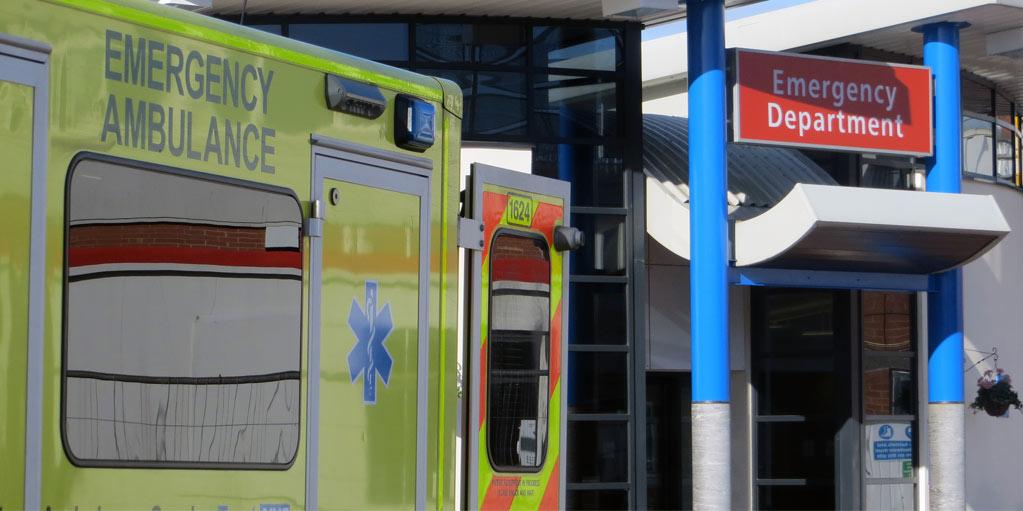- Home
- Care and clinical support
- Outreach and community models
- Discharge models

Discharge models
Our discharge models are designed to support customers to live in the community and offer housing advice and support for customers.
Our Hospital Discharge models
The models offer housing advice and support for customers both in a ward-based setting then, following discharge, in the community.
Fill in the form and our team will be in touch to tell you more about this service.
Based on the ward and working alongside the existing multidisciplinary team, our team support those identified as presenting with a housing related need.
We work with customers from their point of admission to the ward, helping to secure safe and suitable housing. This means that when the customer is deemed medically fit for discharge, there are no housing related barriers.
What support is on offer?
The type of support offered is broken down into three main groups:
- Advocacy and advice
- Practical support
- Emotional support
Across these groups we offer:
- Help finding alternative accommodation or accessing benefits
- Support with long term tenancy or financial management
- Support in accessing appropriate services relating to mental or physical health
- Developing domestic or life skills, as well as social skills or behaviour management
- Emotional support and advice
- Risk assessment to help in establishing personal safety and security
- Increasing social engagement and reducing isolation
What are the aims of the service?
- To support customers in accessing safe and secure housing
- To support customers following discharge in the community to ensure they are managing independent living
- Reduce pressures on clinical ward staff to resolve housing related issues
- To improve patient flow through services
- To provide cost savings to trusts through prevention of delayed discharge and reduction in avoidable readmission
How is the service delivered?
Based from the wards, our team form part of the customers’ discharge planning.
At the point of admission, customers will receive an initial assessment from one of our expert support team. This session will be used to identify any specific areas of need, with the support worker and customer working collaboratively to create a support plan.
The plan will be person centred and can be adapted over time as customer needs change. All with the aim of providing a timely discharge into the community.
The number of contacts provided will vary depending on the customer’s needs but it is likely that on entering the service, a customer will receive more intensive support and that this will be phased down over time.
Partnership working is so important and we recognise that we may only be one part of a customer’s support plan. We always aim to liaise closely with other agencies who are already working with our customers, to enable the best possible outcomes.
In a 6 month study
We've been able to...
Reduce the average duration of inpatient stays by 74 days
This equates to...
A saving of £28k+ per person, or £1.7m across the service
Discharge to Assess model
What is the Discharge to Assess model?
This model is for clinically fit customers who do not require an acute hospital bed but may still require short-term care services. It is funded support to enable these customers to be discharged to their own homes (where appropriate) or another community setting. An assessment for longer-term care and support needs is undertaken at the most appropriate time and environment.
We provide accommodation which allows us to use kitchens, living rooms and bathrooms, aiding rehabilitation. Alongside these, we will sometimes use hotels.
In a recent pilot
Our accommodation...
Saved the local authority £40k compared to the cost of local hotels.
They have helped meet patients’ needs in terms of accommodation which typically causes delay in discharge. This has also taken the workload off the nursing staff in fulfilling this role.
Mental health nurse
1/2